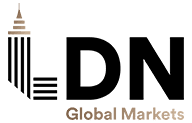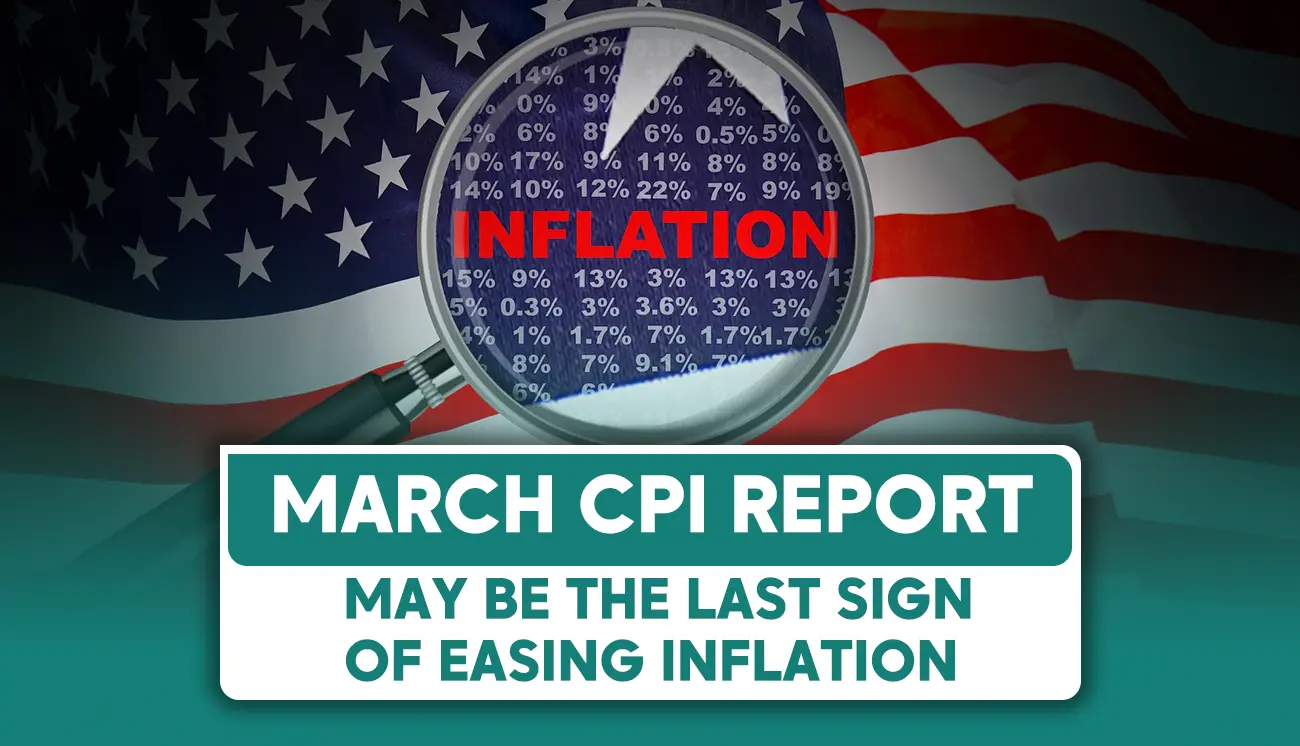Investors are awaiting the release of the Consumer Price Index (CPI) report for March, scheduled to be published at 3:30 PM Saudi time on Thursday, amid concerns that this report may be the last to reflect a slowdown in inflation before prices start rising again due to escalating trade tensions following the new tariff policies announced by U.S. President Donald Trump.
The markets have recently experienced a wave of optimism following the White House’s announcement of a 90-day temporary suspension of reciprocal tariffs with most countries. However, this decision coincided with an increase in tariffs on Chinese imports, which has reignited concerns in the economic community.
Sarah House, an economist at Wells Fargo, commented on the upcoming report: “The March data may seem delayed, but it will reflect how much prices have been affected by changes in trade policy.”
The forecasts suggest that the annual inflation rate for March will reach 2.5%, compared to 2.8% in February, while prices are expected to rise by only 0.1% month-on-month, a lower rate than the previous month. The core inflation rate, which excludes food and energy, is expected to be 3.0% annually, a slight decrease from 3.1% in February, with a projected monthly increase of 0.3%.
While some tariffs have been temporarily suspended, the base tariff rate of 10% remains in place for most countries. The United States has also imposed additional tariffs on Mexico and Canada, related to measures to combat the smuggling of banned goods, while sector-specific tariffs on steel, aluminum, and automobiles remain unchanged. Tensions have increased following Trump’s announcement of raising tariffs on China to 125%, justifying this by stating “China’s lack of respect,” as he put it.
Despite a slight drop in housing prices, which rose by only 4.2% in February – the slowest pace since December 2021 – inflation in services such as insurance and healthcare remains high. Wells Fargo’s estimates suggest that March may represent the lowest point in core inflation this year, with new tariffs expected to drive prices up again.
House added: “There is a lot of uncertainty about how much the new tariffs will affect, but the trend is clear… these policies are creating new obstacles to efforts to contain inflation.” She also noted, “The final phase of the battle against inflation is the hardest, and it may require a significant reduction in demand for full price stability to be achieved.”
Amid these challenges, the U.S. Federal Reserve remains cautious in its interest rate decisions. Fed Chairman Jerome Powell said in statements last week: “It is still too early to determine the appropriate path for monetary policy,” reflecting the ongoing uncertainty in an unstable economic environment.





